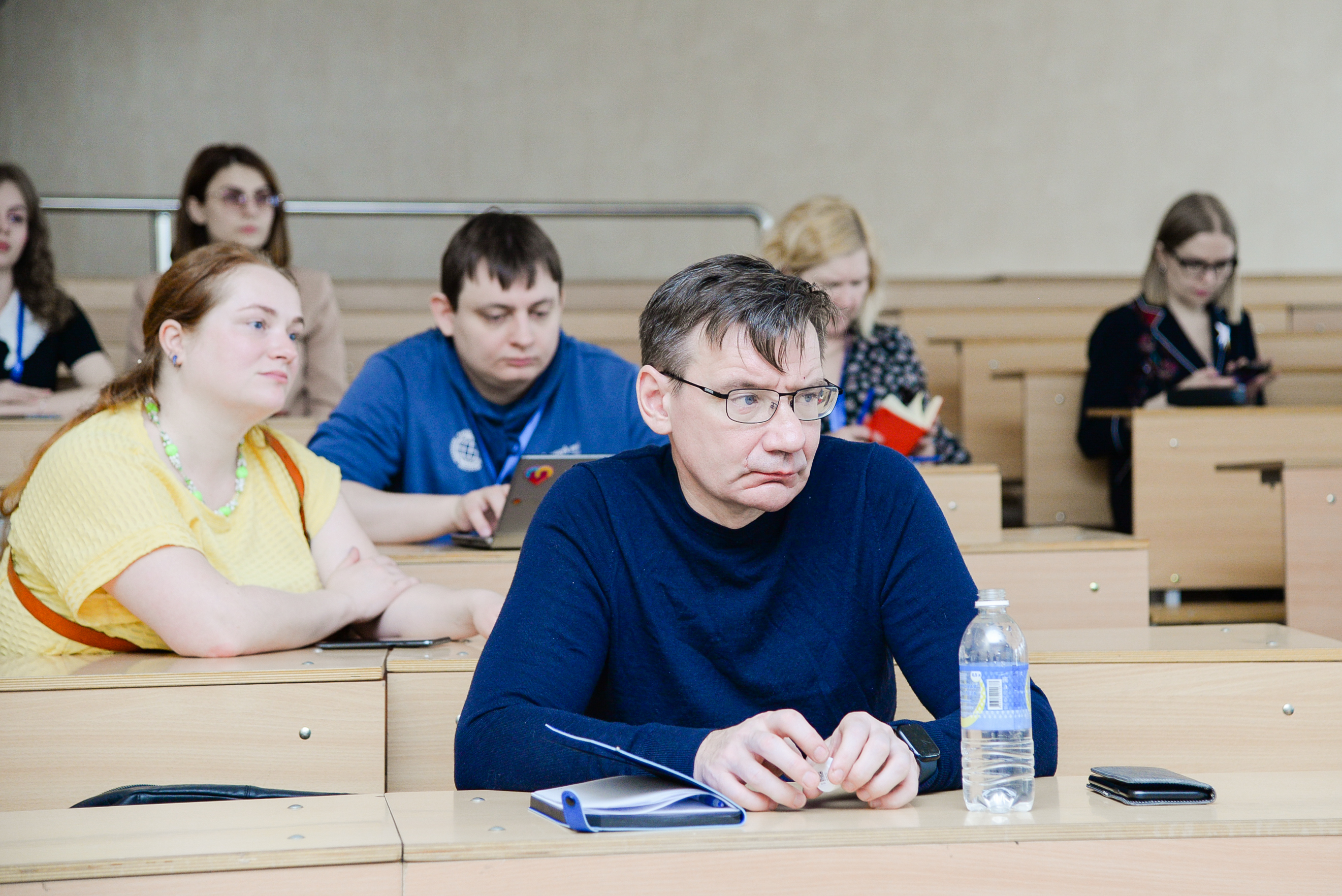Tricks of the trade
For the participants of the 1st Media Forum, “Operation of Media under the New Political, Economic and International Reality”, a co-organizer of the media forum - Komsomolskaya Pravda media group held master classes. A well-known journalist and head of the School of Journalism and New Media project, Galina Sapozhnikova shared the secrets of Komsomolskaya Pravda‘s mastery and success.
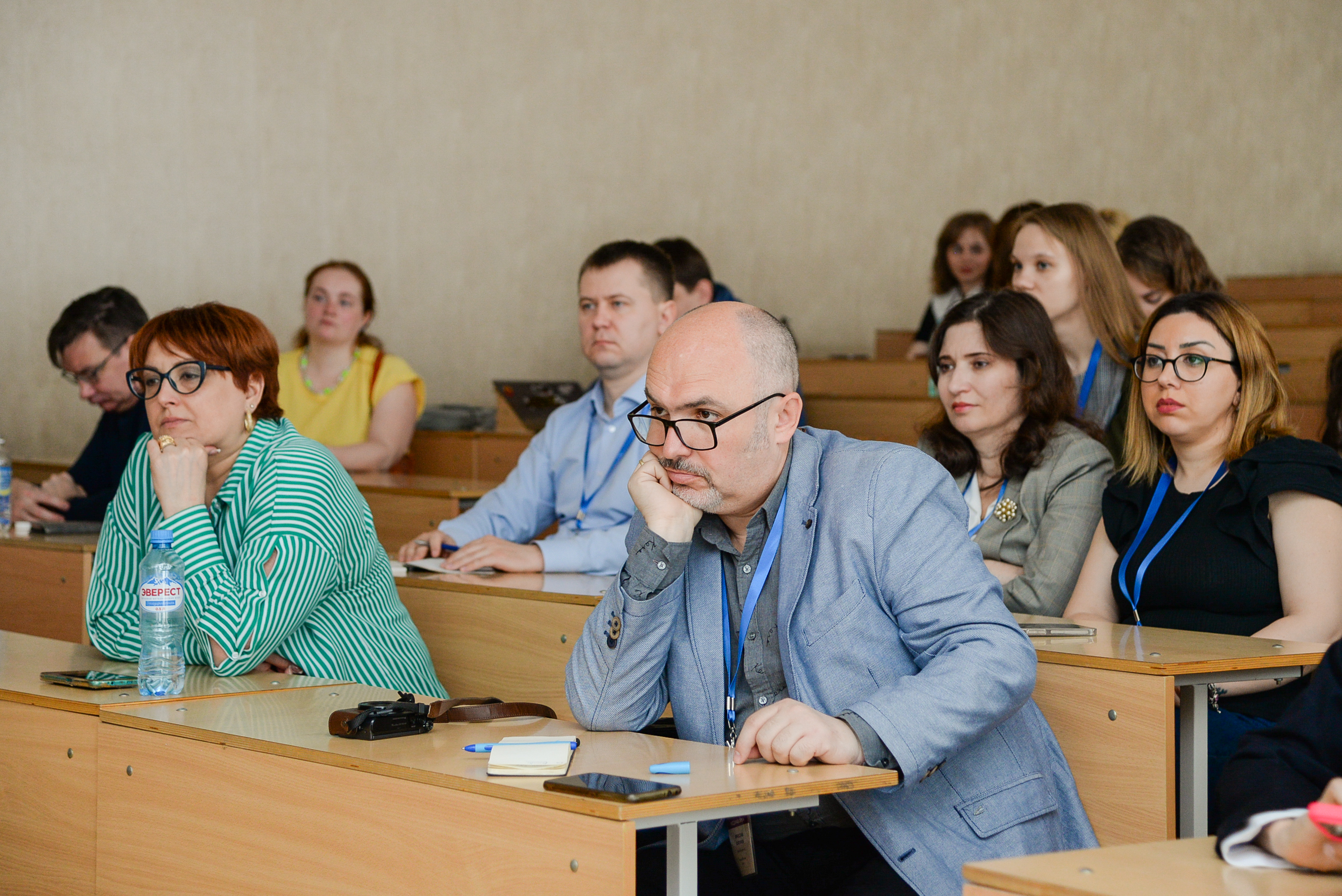
Heads of the media from Russia, Azerbaijan, Tajikistan, Kyrgyzstan, Kazakhstan, Belarus and Uzbekistan, as well as representatives of the press services of the Sverdlovsk region municipalities, took part in master classes given by the experts of Komsomolskaya Pravda. Galina Sapozhnikova presented to her colleagues the School of Journalism and New Media project, designed for both young professionals and future students of departments of journalism.
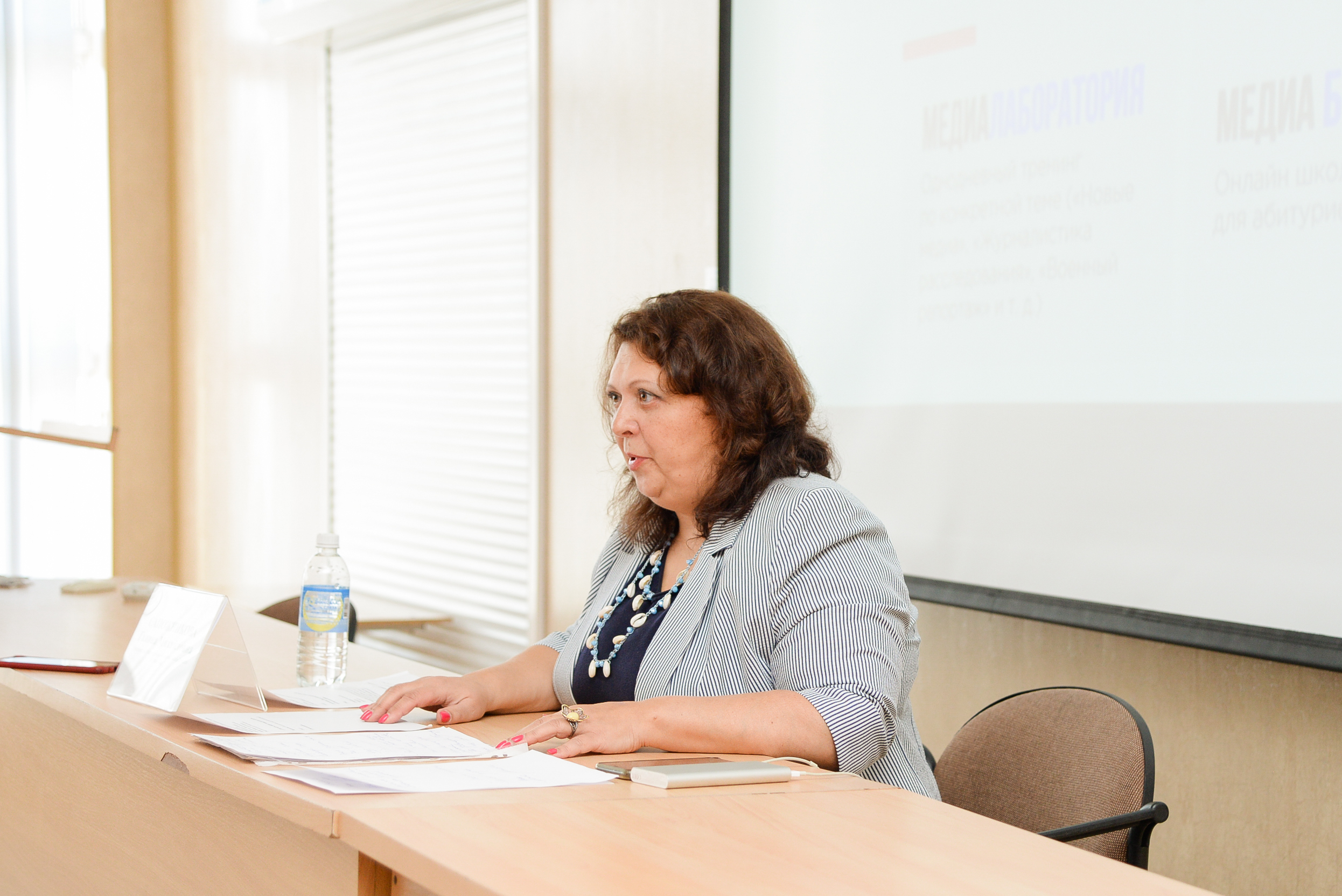
“Komsomolskaya Pravda has long and firmly occupied a leading position among the Russian media, and people have been working in our editorial office for decades, not wishing otherwise! If you look closely, most of the editorial boards are like one family with us, those who either tried, or were on the KP staff, or were somehow still connected with us,” Galina Sapozhnikova said.
Galina Sapozhnikova graduated from the Faculty of Journalism of the Leningrad State University in 1988. In 1989, having proved herself by reporting from the Baltic states caught up by perestroika, she was taken on to the staff of Komsomolskaya Pravda as its staff correspondent for Estonia, Finland and Sweden. Afterwards, she has constantly worked for the Komsomolskaya Pravda Publishing House, having been on business trips in almost 50 countries. She became famous for her journalistic investigations of the events in Vilnius in January 1991 and the sinking of the ferry Estonia.
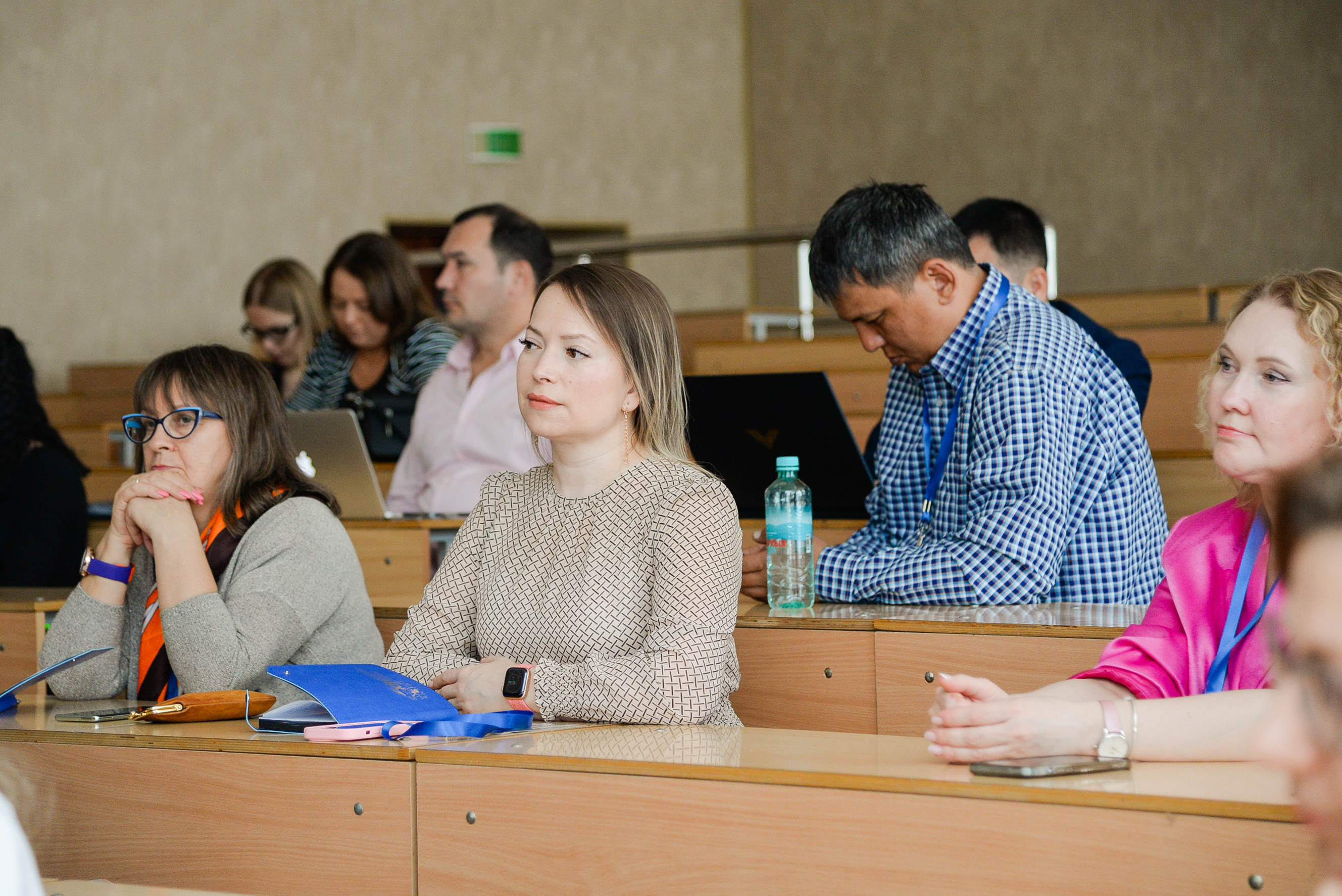
According to Galina Sapozhnikova, the secret of Komsomolskaya Pravda‘s success is quite simple. Firstly, the management does not let you get bored, giving tasks of various topics and genres:
“For example, someone who, until recently, was engaged in investigations or economy suddenly is provided with the department of culture,” the master class leader explained. “It poses new challenges, gets you beyond your depth and helps you fall in love with your work again.”
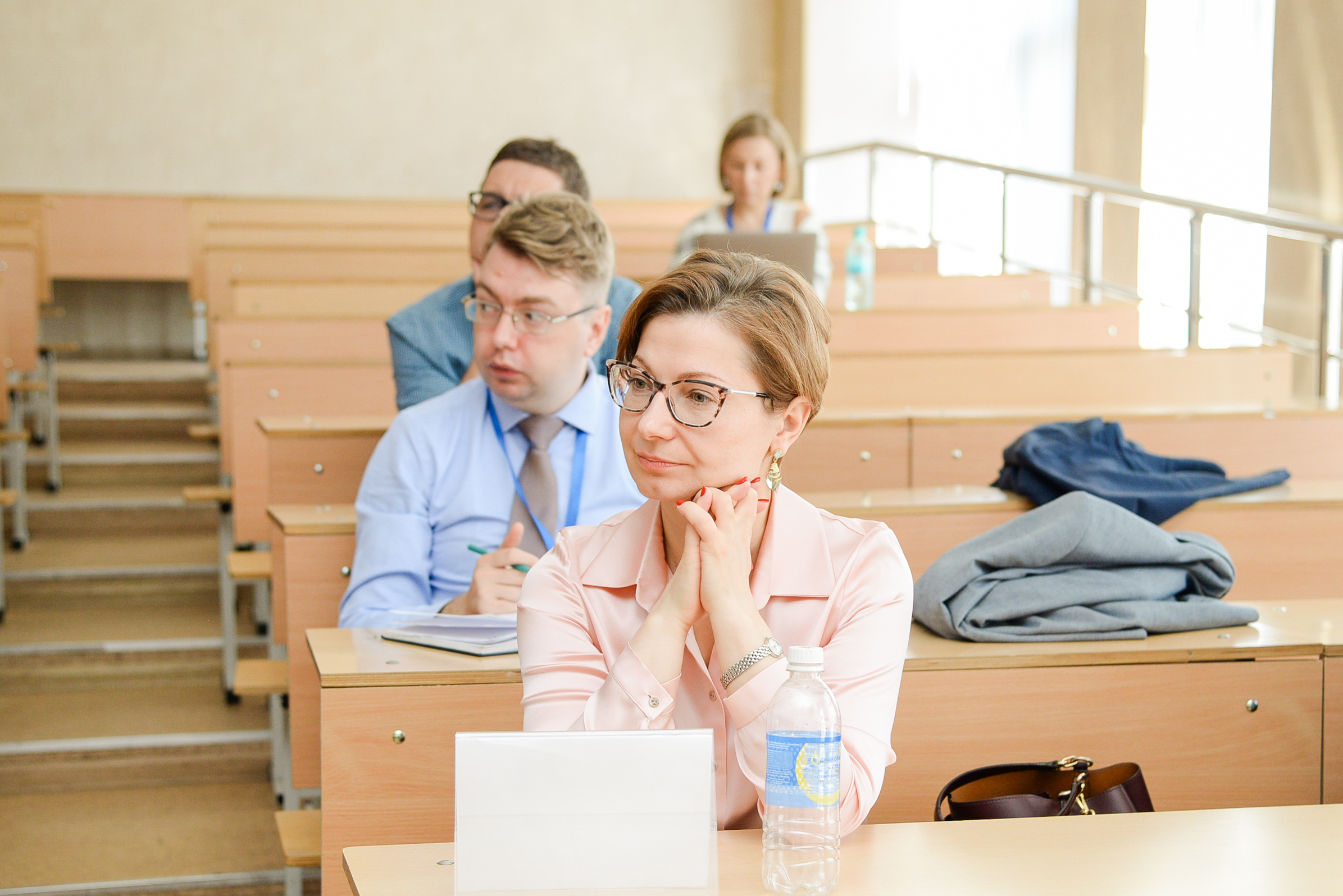
Another important point is the multi-format of the editorial board: everyone can and certainly will try their hand at creating content for the newspaper and radio, website, social networks - and each platform will have its own “tricks”. Besides, there is a constant dialogue between experienced journalists and newcomers to the profession. Actually, this useful habit has grown into the School of Journalism and New Media project.
